1648 The Boston Shoemakers create the first trade union in North America. Why is no sporting team in Boston call the Shoemakers? Huh? Answer me that!

1851 Herman Melville published ‘Moby Dick.’ For reasons now lost, I read it both in high school and college. The student edition I had was abridged to delete much of the whaling and sailing detail.

1909 New South Wales surrendered 2,400 square kilometres of land for the Australian Capital Territory. In the field pictured below the planned city of Canberra arose. Been there many a time and hope to go ago in December to see an exhibition from the British Museum.

1929 English Privy Council ruled that women are persons in the law. The Premier of Alberta had named Emily Murphy, a municipal court judge for a decade, to a Senate vacancy. She had been the first woman magistrate in the British Empire. The Federal Government rejected the nomination and the Supreme Court of Canada upheld the authority of the Government of the Day to do so. Murphy and four associates, all member of the Alberta Legislature, pressed the case to the Privy Council in London, which in time ruled that women were persons and so qualified for the Senate. After 1949 such an appeal was no longer possible. Sometimes it is nice to have a higher authority on the job.

1954 Texas Instruments marketed the first transistor radio. I listened to many a ball game on a transistor radio (sometimes under the covers). It was another step in the miniaturisation of communication.

16 October update.
When What
1901 A Congressional vote to censure President Theodore Roosevelt failed by one vote. The cause? He had invited Booker T. Washington (1856–1915) dinner at the White House, saying that Mr Washington was a great American. He was an emancipated slave. I read Edmund Morris’s three volume biography of the remarkable Teddy some time ago. I read Washington’s ‘Up from Slavery’ as a boy.

1916 Margaret Sanger opened the first American birth control clinic in Brooklyn. A police arrest followed. A biography of her is on my long reading list.
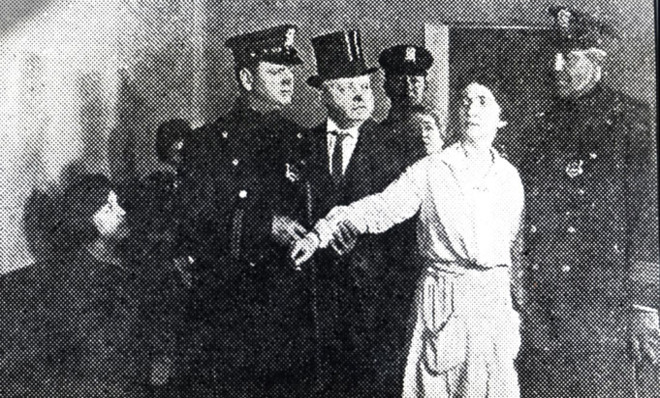
1934 The Long March began; it lasted 368 days and covered 6,000 miles. As many as 50,000 died en route. From this ordeal Mao emerged as the unquestioned leader of the Communist Party of China.

1970 The October crisis deepened with the declaration of the War Measures Act. There were 8000 armed troops on the streets of Montreal and Gendarmerie royale du Canada made 500 arrests without habeas corpus. Minister of Labor, Pierre Laporte was murdered in retaliation. Strangled with his crucifix chain by one of kidnapper while the others watched.

2002 Bibliotheca Alexandrina opened in commemoration of the Library of Alexandria that was lost in antiquity. A smoker did not use the ashtrays provided.

15 October had its moments. Did it ever!
1529 Sultan Suleiman of the Ottoman Empire folded his tent and abandoned the siege of Vienna and retreated before the winter struck, so much wiser than either Napoleon or Hitler. I am told his tent can be seen in the Arsenal in Vienna and we hope to see it soon.

1917 The French Army executed Dutch woman Margaretha Geertruida Zelle (Mata Hari, ‘eye of the day’ in Malay) by firing squad at Vincennes. When stupid French strategies were repeatedly defeated, there could only be one explanation. Witchcraft! Some things never change.

1928 After a four day trip the German dirigible Graf Zeppelin landed in Lakehurst, NJ, ushering in a new era of lighter than air luxury Trans-Atlantic travel. That is what the posters said. We saw some specially designed lightweight luggage for Zeppelin flights at the Handbag Museum in Amsterdam.
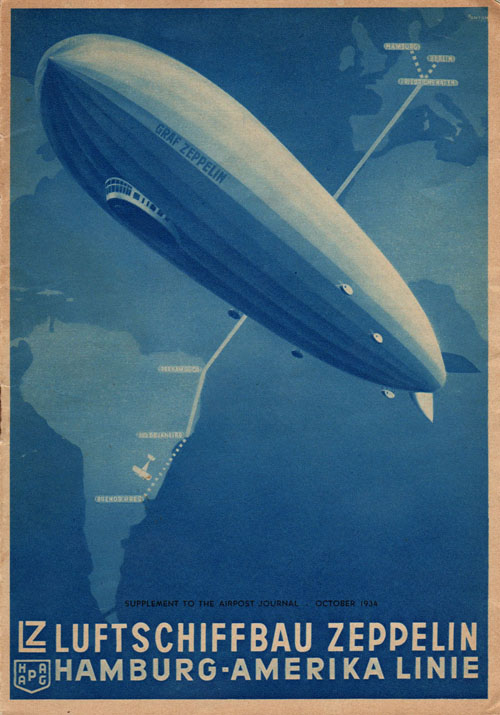
1935 Il Duce’s Italians invaded Ethiopia. The League of Nations proved unequal to the challenge this war brought. Haile Selassie made a remarkable plea in Geneva for intervention. There are clips of it on You Tube. Frank Moorhouse’s ‘Dark Palace’ (2000) recounted some of this drama. I once spend a couple of days in the archives of the League of Nations in Geneva reading index card records.

1964 Nikita Khrushchev was ousted as secretary of the Communist Party of the USSR. Leonid Brezhnev and Alexei Kosygin took over. It was a frightening time of uncertainty on the Platte.

14 October….. What a day!
When What
1066 William of Normandy defeated King Harold in the Battle of Hastings (not on Platte or Hudson). ‘Foyle’s War’ made it all better until Christopher got all holier-than-everyone-else.
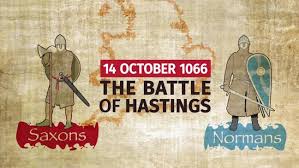
1890 The man from Abilene (Kansas) was born: Dwight David Eisenhower. Been to the house where the six boys grew up.

1926 A. A. Milne published ‘Winnie the Pooh.’

1947 Chuck Yeager became the first person to fly faster than the speed of sound in Bell XS-1. A milestone on the way to space flight. Immortalised in Tom Wolfe’s ‘The Right Stuff.’

1962 USAF U-2 reconnaissance planes photographed installations of Soviet-made missiles capable of carrying nuclear warheads in Cuba. In school we trooped to the basement and did duck and cover drills just like this.

13 October lives on and on.
13 October ……..
When What
54 Nero became emperor of the Romans. The rest is history.

1792 George Washington laid the cornerstone of the White House, which was completed eight years later. John Adams was the first president to occupy it. Seen that.

1933 Sydney’s first ‘electromatic vehicle actuated controller’ (traffic light) was installed at the Intersection of Kent and Market streets. Waited there. (In 1965 Canberra got its first set.)

1958 The bear was found in Paddington Station. Been there but no bear was sighted.

1983 Back when greed was good the first public cell phone network began operations in Chicago using the Motorola DynaTAC phones the size of a brick. The company was Ameritech. Mine’s smaller than yours!

12 October had its moments.
When What
1492 Columbus sailed the ocean blue to the Bahamas. The date was first celebrated in the United States in 1792. There are many memorials to the Genoese in Spain. Seen this massive crypt in Sevilla.

1576 Rudolf II became Holy Roman Emperor. Rudy II dabbled in alchemy, the occult, and automata. He had little interest in imperial duties but loved the laboratory and workbench. One result was the Thirty Years War over religion, as Protestants and Catholics murdered each other to prove they were Christians. Occasionally united in the desire to murder Jews. We walked through his Prague palace on that hill which later had far more unsavoury residents.

1918 Norman Lindsay published ‘The Magic Pudding.’ It came with mother’s milk for generations of Australian children.
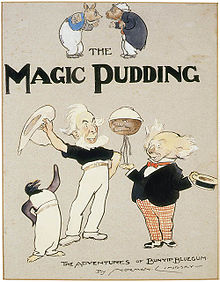
1823 Charles MacIntosh began selling raincoats in Scotland. The ‘k’ came later. The image is an 1892 model. It took much trial and error to get to the contemporary versions. We bought ours in Dublin from a man with an Italian name and an Irish accent.

1984 The Vancouver SkyTrain was completed with 64 kilometres of track. World’s longest automated light rail. It is one of the lasting benefits of the Vancouver Expo. Almost all of it is elevated. I rode on it once when in Rain City. Did it inspire the ill fated Sydney monorail which is now long gone?

‘The Adventures of Buckaroo Banzai Across the 8th Dimension’ (1984)
IMDb meta-data is a speedy run time of 1 hour and 43 minutes, rated 6.4 by 20,994 misers.
Genre: All, including Sy Fy.

Buck is a brain surgeon, rock star singer, and scientist extraordinaire, among other things. He can drive a car through a mountain, perceive the aliens amongst us, and sing up to New Jersey standards with the Hong Kong Cavaliers. Get it?
One of the aliens is there to help, but most aren’t. Did I mention satire? Shoulda.
The major defence contractor building the newest, fastest, most invisible warplane is in fact Aliens Incorporated which is using the appropriations to build a spaceship to blast the earth as they leave in it. Dastards! They have been there for years voting for ever large defence budgets. Obviously Republicans.
Dr Emmett Brown leads the alien field unit, while John Lithgow blows the lights out as Emilio Lizardo, the brains behind the operation. Did I say brains? This man can p r o j e c t.
It all centres around Grover’s Mill in New Jersey which still doesn’t exist. Turns out Orson Welles was right all along. To prove it Citizen Kane puts in an appearance.
Lithgow’s speech rallying the aliens to one final effort will remind viewers of many political speeches, but it is funnier, wittier, and delivered with more conviction than most.
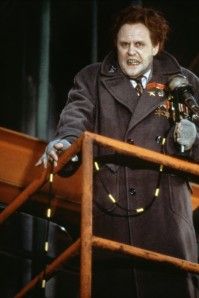
The result is a pastiche and homage to Sy Fy films from the opening credits to the closing ones: ‘Star Wars’ and ‘Them,’ and many points in between. Hey, John, don’t forget ‘Terminator!’ Even Vincent Canby of the ‘New York Times’ seems to have stayed awake through this one. It bombed at the box-office. Such a genre mash-up is impossible to market, say the oracles.
No comment is sufficient without some vinegar: It is fast but not fast enough. If it had been edited more tightly it would reduce to 90 minutes, the length of feature film intended by Apollo. It is especially slow at the beginning, as if waiting for the audience to be seated. There are some dead spots later, too, that serve no purpose. One less punch-up would have been no loss.
The two women get vituraly nothing to do. One opens the door, twice. The other mopes around. Ellen Barkin demonstrated athletic ability in other films around this time, but here she just sits and chews her lip.
And on 11 October….
1899 Second Boer War began as the Republic of Transvaal and the Orange Free State declared war on Britain to gain control of mining areas. The conflict lasted three years and ended in the annexation of the Boer Republics into British South Africa. (The First Boer War was 1880-1881.) The Netherlands whence came the Boers remained neutral in both conflicts. About 20,000 Australians took part, including Harry Morant who killed unarmed and defenceless Boer prisoners and a clergyman who had witnessed these murders. He became an Australia hero. Below are Boer irregulars at Mafikeng.

1939 FDR read Albert Einstein’s letter about an atomic bomb. It is a terse, short letter of less than two pages. Little Boy and Fat Man followed in 1945.
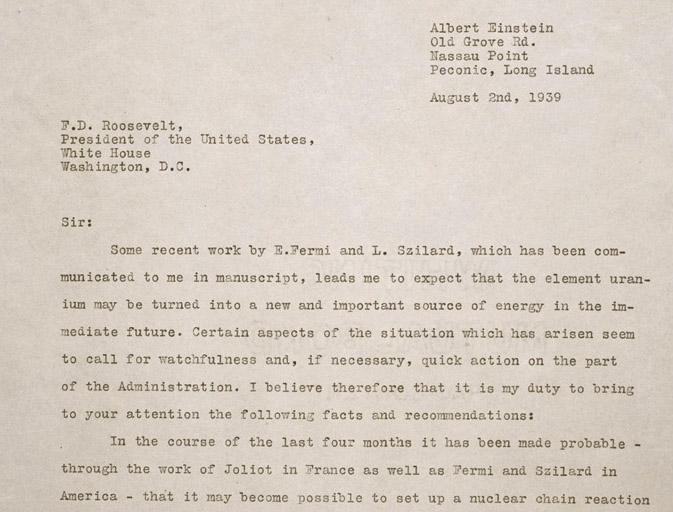
1950 CBS began colour TV broadcasts in limited areas. A set that received colour could not receive black-and-white and vice-versa. CBS marketed its own receiver for a time.

1987 An extensive sonar search did not find anything in Loch Ness but empty beer cans. The search went on for three days and cost more than a million pounds to truck the equipment in and out and employ the technicians. Facts convinced no one, just like today.
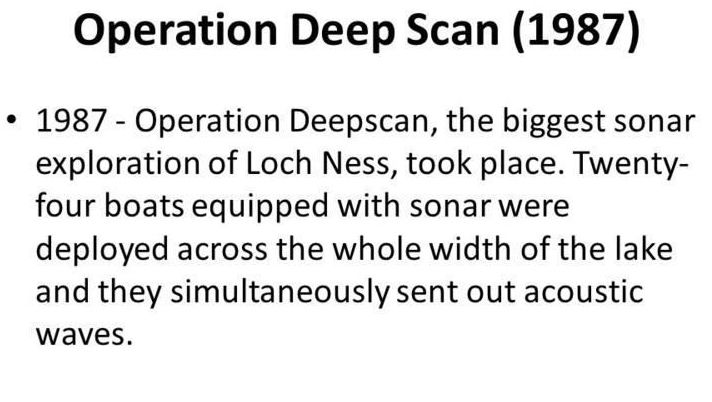
2001 The Polaroid Corporation began descent into bankruptcy. Edwin Land made the first instamatic in 1947 as a toy for Christmas. The hundred or so at Bloomingdale’s sold out instantly (ha, ha) and it went into mass production in the next year. It was so successful that it became the corporation. I used one in the office for years to take pictures of students.

‘The Dancing Bees: Karl von Frisch and the Discovery of the Honeybee Language’ (2016) by Tania Munz
GoodReads meta-data is 296 pages rated 3.8 by 28 litizens
Genre: Biography with lots of natural science and some history.

Karl von Frisch (1886 – 1982) made a lifelong study of honey bees. He was cursed to live in interesting times and his story is as fascinating as the lives of the bees he observed until the week before his death. In 1973 he was awarded a Nobel Prize.
He was born to the comfortable circumstances into a Viennese family of learned and cultured cosmopolitans. He proved to be a naturalist even as a lad, collecting creatures, plants, objects galore, and he kept doing it thereafter. Some specialise in beetles or butterflies but not young Karl. Some grew out of this interest, not Karl.
He was a good student and went into medicine but the natural world called to him.
He answered the call first by studying fish in tanks to determine sensory perceptions. The experiments are ingenious, and that became a hallmark of his work. The experiments were also meticulous in execution. Another hallmark that continued. But the fishtanks were in the basement of laboratory and he found that boring, though he was never bored.
Then conversations with others led him to the perceptions of colour and scent in bees, and that led him to the waggle dance. The waggle dance? Yup. Why do honey bees engage in this dance. It had been observed since Aristotle without any interpretation. It takes time and energy and serves no apparent purpose. Yet it must.
This dance became an obsession to Frisch and from 1922 on he joined the dance. He trained bees and studied how they related to other bees. Trained bees? He would capture some scout bees, those that leave the hive first, and then put them in the presence of a shallow dish with sugar syrup. Yum, yum. This was all done in a meadow on a card-table. Many details and permutations follow, including draping dyed sheets over poles to make the bees easier to track.
In time he installed glass walls in hives to observe the inner workings of the hive.
He was an early adapter of movie films and began to record the experiments and observations which he used in teaching and at conferences. There emerged another hallmark of his work – the clear and simple expositions. He was glad to teach anyone and everyone about bees from school children to Nobel winning scientists. He attracted battalions of graduate students who carried the word of Karl far and wide.
 Karl von Frisch doing what he always did.
Karl von Frisch doing what he always did.
He needed them, because in 1940, much to his surprise the Naziis declared him Jewish. By then he was at Munich University where the Rockefeller Foundation had funded an institute for him. As a state employee he had to register with the regime and he did. In that time and place, nothing was ever done and in time the Registry Office found a marriage certificate of a Great Grand Mother that indicated that he had converted to Catholicism. That was enough. The inference was that she had been Jewish and converted. Nazi racism, perhaps it has to be said, was not about religious faith but race, and someone born Jewish never can stop being Jewish.
This discovery was a surprise to him and to his brothers. Frisch was classified Quarter Jew, and put on lists, forcibly retired from his university position, and denied the pension due to him. He was also suspect because to the Nazis the Rockefeller Foundation was a Jewish front. Hard to believe but there it is.
Many scientists came to support him, including a panoply of German Nobel scientists to no avail. An ideological hack replaced him.
Among his host of students many had gone into agriculture and apiary. Frisch’s supporters turned to these applied scientists to write letters and make representations about the practical and applied value of Frisch’s work to the agricultural authorities. They did and because agriculture was regarded as crucial to the Nazi war effort, these authorities advocated his case. The compromise was to make him emeritus and allow him after hours access to the laboratory facilities that Rockefeller money had built for him.
During the war he continued his research with bees. Munich was bombed flat. His home was destroyed and with it his personal library and all possessions. The Rockefeller laboratory was likewise flattened. He and wife moved to a meadow in the uplands of Austria and he continued studying bees.
When Nazi greed imported the Nosema virus by stealing tons of beehives from Russia and railroading them back to the Reich. Among the bees in those hives were carriers of this virus. In no time, millions of bees died. One of J. Robert Janes’s krimis concerns this plague, ‘Beekeeper’ (2001 ).
Bee research now became a priority. In that meadow he had a group of about twenty, students, assistants, and colleagues. Most of them had been in the war in one way or another. Most of the men were invalided out of the war, many with amputations. The women were often also carrying injuries from bombing. Yet there they were in the meadow with sheets, nets, saucers of sugar syrup, and the like.
As the war ground to an end, Patton’s army got to them before the Russians. After a day of watching tanks roll by, there cam a knock at the door. Gulp! At the door the American officer took off his hat and asked politely in German for Professor Frisch. He was on a list of German scientists to be located, identified, and recruited.
In time he became a good German, and rehabilitated and the Rockefeller Foundation once again supported him. The irony is that this good German was regarded as essential to the Nazi war effort and the Nazi regime funded his search during the war. He had only one interest and that was bees. He was not a German nationalist, or a Nazi. He lived for, in, and through science.
He found that bees communicated through the waggle dance, that they used polarised light in the sky as a reference point, and that they evolved. The scouts reported on the location and distance of food. There are videos on You Tube, including one by Frisch himself from 1926. The link is:

Tania Munz weighs and measures all of this with care, pulling no punches and glosses over nothing. It is an exemplary study of the man and his work.
Interspersed within Frisch’s story are vignettes about bees and other bee-obsessives that are delightful, and are integrated into the larger fabric. They add a dimension to the story.
The bees are almost always referred to as animals, not insects. Frisch is consistently called von Frisch though the Nazi regime stripped the von from names in the name of equality, breaking with the aristocratic past. Technically he lost his von.
In retrospect I cannot recall why he escaped Word War I. One of the limitations of the Kindle is flipping pages to find something like this.
I heard a reference to this book in ‘Exact Thinking in Demented Times’ (reviewed elsewhere on this blog) and found it intriguing.
10 October had its days.
1886 Dinner jacket worn to a ball in Tuxedo Park, NY becomes known as a tuxedo. Tuxedo Park was and is an enclave of the rich on the Hudson River. Pictured is one such estate.

1903 Emmeline Pankhurst founded the Women’s Social and Political Union in Great Britain.

1957 U.S. President Dwight Eisenhower invited Ghanaian foreign minister to dinner at a public restaurant in Washington D.C. to apologise after he was refused service in Dover Delaware.

1970 La crise d’octobre a commencé au Québec. The Federal Government declared a state of siege and put the army on the streets of Ottawa, Quebec Cité, and Montréal.

2013 Canadian Alice Munro was awarded the Nobel Prize in Literature. She wrote mostly short stories, a lot of them, and won all the literary prizes there are in Canada. The mint struck a commemorative coin on the occasion.

